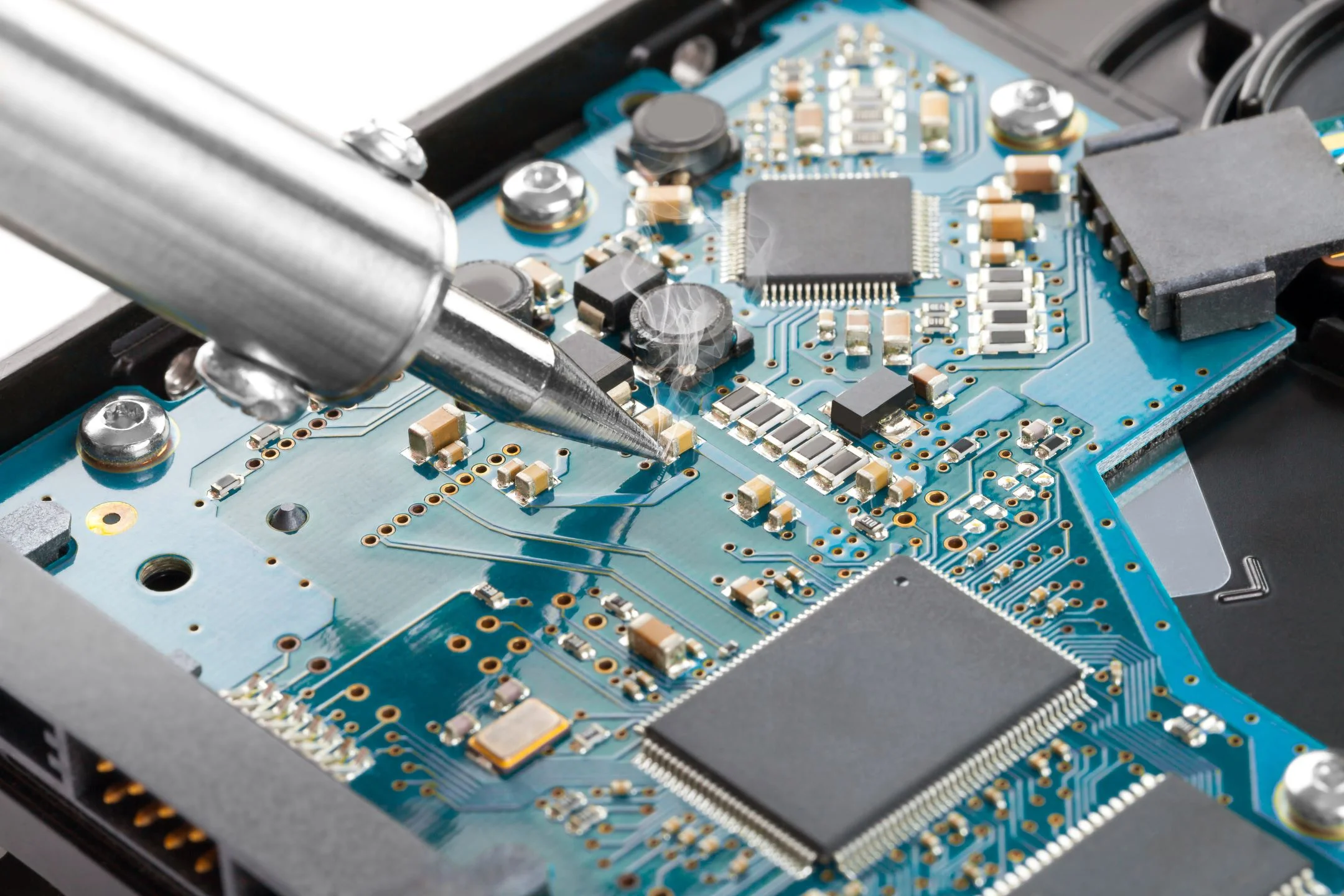In a world where sustainability is a necessity, businesses across industries are reevaluating their operations to minimize environmental impact. One area gaining significant attention is the IT solutions sector, which traditionally has had a substantial environmental footprint due to the rapid advancement of technology and the frequent need for upgrades.
Generally, refurbished servers emerge as a pivotal solution in this context. They offer a sustainable alternative to new hardware without compromising performance or reliability. This approach aligns with green initiatives and presents considerable financial benefits.
This article delves into why refurbished servers are essential for sustainable IT solutions upgrades.
Positive Environmental Impact and IT solutions
The IT industry’s carbon footprint is a growing concern. For instance, manufacturing new servers requires significant resources, including raw materials like rare earth metals and energy-intensive processes that contribute to greenhouse gas emissions. Also, the disposal of outdated hardware often leads to electronic waste (e-waste), which poses a severe environmental threat due to the toxic substances in many electronic components.
Because of this, refurbished servers can provide a sustainable alternative by extending the lifecycle of existing hardware. Instead of ending up in landfills, these servers are restored to optimal performance levels, which reduce the demand for new manufacturing and minimize e-waste.
Lastly, for organizations looking to make informed decisions on this front, a comprehensive guide to refurbished servers can be invaluable. By understanding the options and potential benefits, businesses can seamlessly transition to more sustainable IT solutions.
Cost-Effective Solutions Without Compromising Quality
Significant cost savings are among the most compelling reasons to consider refurbished servers. New servers can be prohibitively expensive, particularly for small to medium-sized businesses or startups that may not have the capital to invest in the latest technology.
Refurbished servers, on the other hand, offer comparable performance at a fraction of the cost. These savings don’t come at the expense of quality. Reputable vendors thoroughly test and restore refurbished servers to meet or exceed original performance standards. This process often includes upgrading components, such as adding more memory or faster processors, to ensure that the refurbished server can handle current workloads efficiently.
Additionally, many vendors offer warranties, providing additional peace of mind and protecting the investment.
Maintaining High Performance
There’s a common misconception that refurbished servers are inferior in performance compared to new ones. However, many refurbished servers are only a generation or two behind the latest models and are more than capable of handling the demands of modern business applications. In fact, in many cases, the performance difference is negligible, especially when considering an organization’s specific needs.
Therefore, for businesses that require robust IT infrastructure/system but are constrained by budget limitations, refurbished servers offer an ideal solution. They allow companies to maintain high performance and reliability without the financial burden of purchasing new equipment. This makes it possible to allocate resources more effectively and direct savings towards other critical areas such as software development, marketing, or employee training.
Supporting Scalability and Flexibility
Scalability is a key consideration for businesses as they grow. Refurbished servers offer the flexibility to scale IT infrastructure according to evolving needs without incurring significant costs. Whether a company is expanding its operations, launching new services, or increasing its data storage capabilities, refurbished servers can be easily integrated into the existing infrastructure. This scalability is particularly beneficial in industries that experience fluctuating demands, such as e-commerce or financial services.
Additionally, companies can quickly respond to market changes by adding refurbished servers to their networks without the lengthy lead times or high costs associated with purchasing new equipment. This agility is crucial for maintaining a competitive edge in fast-paced environments.
Contributing to Corporate Social Responsibility (CSR) Goals
Corporate Social Responsibility (CSR) has become a critical aspect of business strategy in today’s market. Consumers and stakeholders increasingly expect companies to demonstrate a commitment to sustainability and ethical practices. Adopting refurbished servers is a tangible way for organizations to meet these expectations.
By choosing refurbished servers, companies can reduce their environmental impact, conserve natural resources, and promote a culture of sustainability within their organization. This can help enhance the company’s reputation and strengthen relationships with environmentally conscious consumers and partners.
Lastly, integrating sustainable practices into IT solutions infrastructure can be a cornerstone of broader CSR initiatives. This can help set a company apart as a leader in responsible business practices.
Reducing E-Waste and Promoting Recycling
E-waste is a significant global issue, with millions of tons of electronic devices discarded each year. Servers often contain hazardous materials that can leach into the soil and water and cause environmental damage and health risks. Hence, by opting for refurbished servers, companies play a crucial role in reducing e-waste.
Refurbished servers can also reduce e-waste by reusing existing hardware and components. This decreases the volume of waste generated and encourages recycling of valuable materials.
Lastly, many vendors who specialize in refurbished servers also offer recycling programs for old equipment, further supporting their clients’ sustainability efforts.
Meeting Regulatory and Compliance Requirements
In addition to the environmental benefits, using refurbished servers can help companies comply with various regulatory requirements. Governments and industry bodies are increasingly implementing regulations to reduce e-waste and promote sustainable practices. By adopting refurbished servers, companies can demonstrate their commitment to these regulations and avoid potential fines or penalties associated with non-compliance.
Moreover, the use of refurbished servers aligns with sustainable procurement practices. Many organizations are now required to consider the environmental impact of their purchasing decisions as part of their overall sustainability strategy. This is why choosing refurbished servers can be a proactive way to meet these procurement guidelines while achieving cost savings and performance goals.
Final Thoughts
Refurbished servers are a strategic and sustainable choice for IT solutions upgrades as they offer many benefits beyond cost savings. They can provide a viable alternative to new equipment, which allows organizations to reduce their environmental impact, support scalability, and meet CSR goals. As the demand for sustainable business practices continues to grow, refurbished servers will undoubtedly play a central role in the evolution of IT infrastructure.
Therefore, with the information mentioned above in mind, businesses will embrace refurbished servers that support sustainability and ensure that companies remain competitive in an increasingly eco-conscious marketplace.





